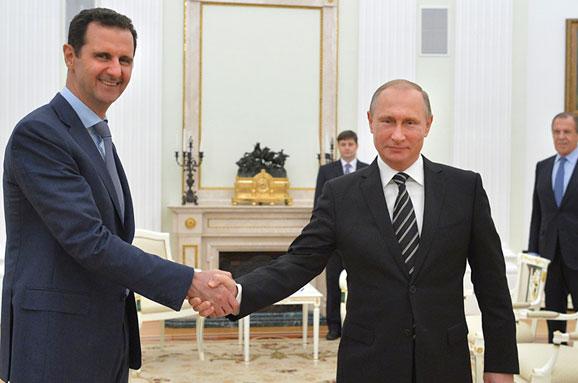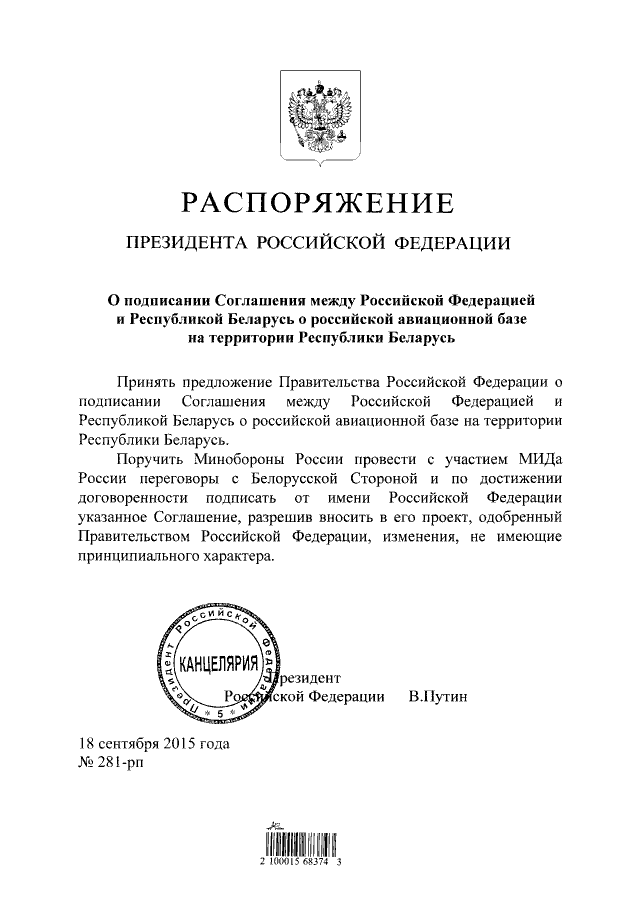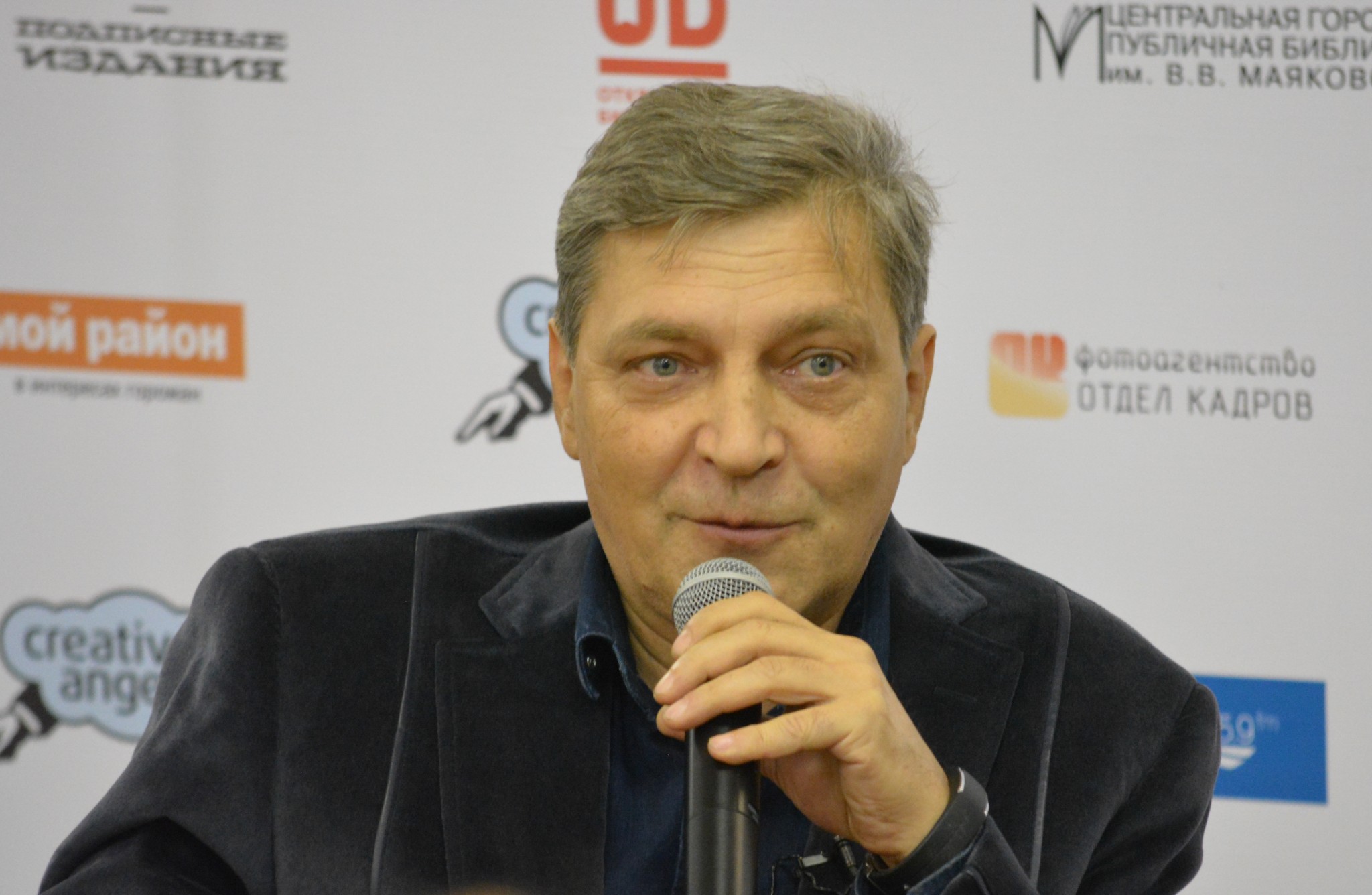The year 2016 will go down in history as a turning point. Whatever happens during the second half of the year will not alter that fundamentally, it may only make the significance even bigger. A possible further incursion of Russian troops into Ukraine, of course under the pretext of protecting civilians against the fascist Kyiv regime that has now resorted to “terror”, and in November the possible election of Donald Trump as President of the United States, these are issues that only add on to the already sufficiently troubling picture that emerged during the first half of the year.
In fact this development started already quite a few years ago, very much symbolized by the painfully long leadership of Silvio Berlusconi over Italy. Berlusconi, a brazen and fundamentally amoral businessman and politician, bent democratic rules in any direction he saw fit and used his wealth and business contacts to remain at the top. He considered an independent judiciary as a menace and a “threat to democracy”, He was for many observers a laughing stock with his many face-lifts, ostensibly dyed hairs in the most unnatural looking color, and his bonga bonga parties with sometimes under-aged girls. All these factors made it hard to take him serious. However, at the same time he served as an example to other political leaders who suffered from the same complexes as he did, and who gratefully enjoyed the hospitality of “their good friend Silvio”. While the world laughed or watched with amazement, fellow politicians in other countries saw him as an example, a person who could do as he saw fit.
Among them was also Vladimir Putin, who over the years increasingly compensated his limited length with Berlusconi-type of macho extravaganza. Most Western observers and politicians had a difficult time believing and accepting that with Putin a new type of political leader was born, one that outdid Berlusconi at almost all fronts, whose political ascent was based not only on a complete disregard of basic principles of democratic rule but also and especially on criminal behavior, completing the merger of political and criminal life in Russia into one solid entity of a gangster state. George W. Bush looked into his eyes and “saw a man he could do business with”; other politicians admired the way in which he seemingly ended the all-encompassing corruption that reigned in post-Soviet Russia. The fact that democracy had to suffer some setbacks here and there was only considered logical and necessary for the time being.
This stubbornly positive image of Putin only changed with the start of the Russo-Ukrainian War, which even today many continue to believe is merely an internal conflict and a “logical” civil war between the deeply divided Ukrainian and Russian speaking parts of the population. It is not Putin who created the crisis: it is the West that could not stop meddling into the internal affairs of Ukraine and forced Putin to defend the “natural” interests of Russia and the Russians. The arguments used are almost identical to those used during the 1970s and 1980s, when the crumbling Soviet Union was actively supporting and courting Western “experts” and political movements who uncritically repeated the Soviet claims that it was surrounded by hostile countries, traumatized by the enormous losses in human lives during the Second World War and that we should understand why more than a dozen countries were subjugated to Soviet dominance as a “buffer” against NATO and other warmongers.
At the same time, however, we see that Putinist politics has become quite popular outside Russia’s borders as well. Time will tell to what extent the Russian secret service prepared the grounds during the years that the West was nicely asleep, but fact is that Russia suddenly found many friends among extremist parties in Western Europe, most of them right-wing and anti-European Union. There are clear indications that Russian emigrants, who over the years settled within the borders of the European Union, play an active role in destabilizing countries, in particular in Germany where part of the population was raised and educated in the Communist DDR. How many of them are moles that have been activated by the Putin regime is hard to say, what is clear is that destabilizing the European Union has become one of Putin’s priorities.
In Europe, populism has become mainstream and virtually all countries now have rightwing political movements that are fundamentally anti-Islam and anti-EU. Referenda in The Netherlands and the United Kingdom were won on basis of false claims and lies, making use of the fears of citizens for a rapidly changing world in which globalization has fundamentally altered the spectrum and made issues that were considered steady and certain quite suddenly redundant and obsolete. Inward-looking nationalism has now firm ground in many of the countries, and the smell of fascism has returned to the European continent.
Yet Putinist politics is not limited to Europe alone. In Türkiye an authoritarian leader used a failed coup to rid his country of anybody suspected of opposition and rapidly turned democratic rule into a farce, in a way that must have made Vladimir Putin very happy. Within weeks the country that had been dubbed an archenemy of Russia only a year ago suddenly turned into a “friend” and a fellow opponent of American imperialist politics. In America itself the impossible became possible, and a person whose whole business career has been based on failures and bad deals, on extortion and blackmailing of competition and the outright refusal to pay bills, was propelled by very conservative and often fundamentally racist voters into becoming a serious candidate in becoming President of the United States. If that were to become reality Putin will not only have a “friend” in Washington, but also a colleague who shares his political culture, has an irresistible urge to speak half-truths and makes outrageous statements about anybody who dares to stand in his way.
In March 2014 we also couldn’t believe that Russians and Ukrainians would be shooting at each other, and now it has become a daily reality and the hatred between the two nations has become firmly rooted at both sides. One better start to believe that Putinism has gone viral and is becoming a global phenomenon. It is a scary thought, but very much a realistic one. Future generations will probably be taught that 2016 was the turning point that altered the political constellation once and for all.
Related:
- Putinism’s Godfather: Primakov laid groundwork for Putin in Russia
- Russian opposition journalist: Trump – threat to entire world order, as well as America itself
- Wondering how Trump could happen? Look to Russia
- Trump is Putin’s ‘most useful idiot’ because he believes what he says, Piontkovsky says
- Putinism as the last phase of Sovietism
- Putin, trapped between war and revolution, will choose war, Ikhlov says
- Book details Kremlin’s influence networks in France
- Putinism — not nearly as strong as it appears
- Higher stage of Putinism






